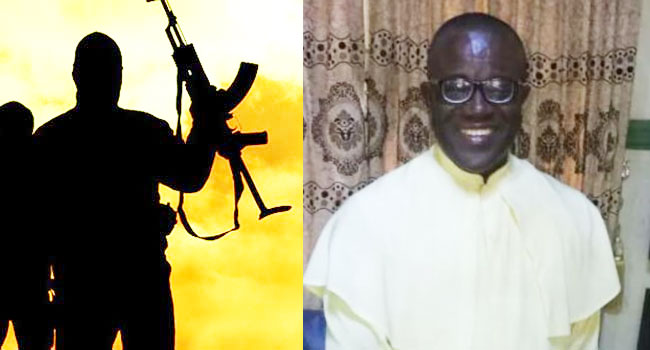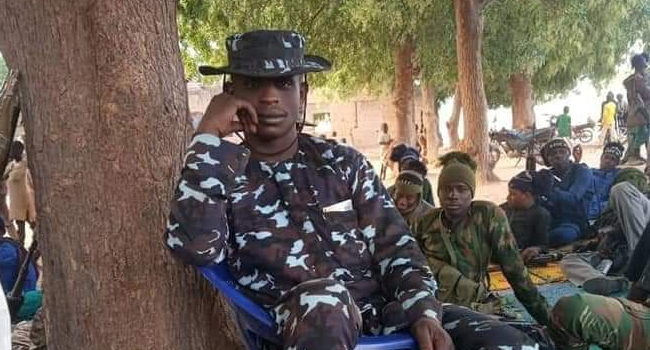Gunmen Kidnap Catholic Priest, Three Others In Ebonyi
Gunmen have kidnapped a Catholic priest, Rev. Fr. Joseph Azubuike and three other persons in Ebonyi State. Channels Television gathered that the cleric was abducted on Monday in Isu, Onicha Local Government Area of Ebonyi State close to his residence in the area. Although the police authorities are yet to react to the incident, […]
















